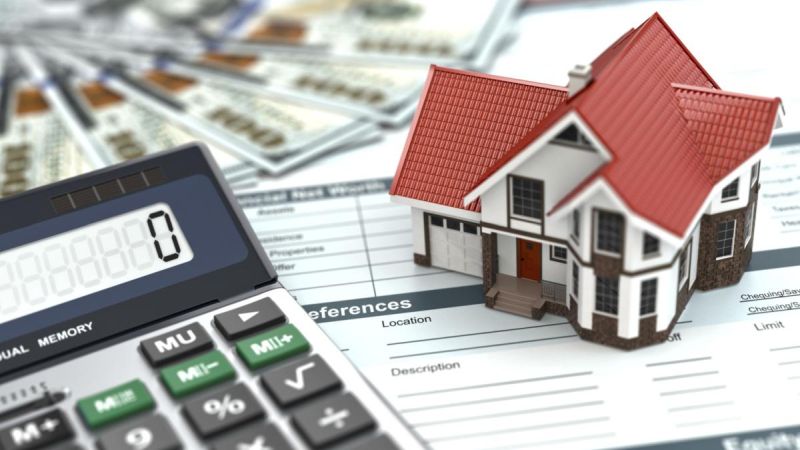Thinking of Buying a Home in Hamilton? Use These Tips to Improve Your Credit

Shopping for a new home? Here are some ways that you can improve your credit and increase your chances of buying!
If you’re not ready to apply for a mortgage yet and have either started saving up for a down payment or are about to, part of your home-buying plan should be to get your credit score as high as possible in the interim.
It will cost you over $1 million to buy the average home in Hamilton and having the highest credit score possible is not only crucial for getting approved, but it has a direct effect on your mortgage interest rate and how much you’ll end up paying for your home.
In other words, use this time to your advantage! When you’re approved for a mortgage and ready to make a purchase, partner with one of the most reputable real estate lawyers in Hamilton. Besides performing a title search to ensure the seller can legally sell you the property and taking care of other critical legal details, real estate layers are also responsible for transferring your mortgage to cover all your legal obligations.
But while you wait for that day to come, use the tips below to keep elevating that credit score!
Find Out Your Credit Score
It’s a good idea to periodically check your credit report and credit score to ensure your payment history is accurate and that there are no credit accounts in your name you don’t know about.
You can order a free copy of your credit report from both of Canada’s reporting bureaus, Equifax and Trans Union, and doing so doesn’t affect your credit score. It’s important to see both as not all lenders report to both bureaus.
You’ll generally need a credit score of 650 or higher to qualify for a mortgage from a traditional lender.
Keep Paying Your Bills on Time
Building up good payment history does for your credit score what putting away a little money every month does for your savings – it takes but it’s necessary and worth it in the end. Set your bills up for automatic online payments and set a recurring reminder on your calendar to keep bills from slipping your mind.
Don’t Max Out Your Credit
The credit bureaus look at your available credit and compare it to how much you’ve used as a factor for determining your credit score. The optimal number is around 30% credit usage. High credit balances may also mean that you’re paying more money in interest, money you could be saving for your down payment.
Apply for a Secured Credit Card if You Have Bad Credit History or No Credit History
A secured credit card requires a deposit that acts as collateral and guarantees that you won’t go into default. It’s easier to get approved for a secure credit card, which is ideal for people with no credit or bad credit history.
You use the card like a regular credit card and make the monthly payments. Using and paying your secure credit card every month is a great way to build up good credit history and may help improve your credit score.







